Documental Expertise

I got around to reading the current MLA Newsletter 54.4 (Winter 2022), which had been sitting on my desk, and found myself engaged with Paula M. Krebs’ column titled “Acknowledging Humanities Expertise.” She begins with a very clear demarcating sentence: “The humanities are not the arts.” As a poet/scholar/critic who works across the arts and humanities, I found myself at full attention. Krebs continues:
It’s easier to talk about the arts: everyone knows what music or poetry is. Humanists are trained in analysis and interpretation; they are not trained in aesthetic production. Sometimes it’s harder to be concrete in talking about philosophy or literary criticism. But what philosophers and literary critics do is just as essential as what musicians or poets do: they enable us to interpret the world around us and to posit a better one (1).
It struck me that many poets (concretely) bring analysis and interpretation into the aesthetic realm, (concretely) enabling us to interpret the world around us. My most recent monograph Contested Records: The Turn to Documents in Contemporary North American Poetry (U of Iowa P, 2020) is about a type of poetry that performs this cultural labor, which I call “documental poetry,” “a mode of writing that participates within an economy of documentality and monumentality in its use of prior records” (30). (For an excellent account of undocumentality, see John-Michael Rivera’s UNDOCUMENTS (U of Arizona P, 2021).) As a teacher of both poetry writing and poetry studies, I’d like to qualify Krebs: everyone thinks they know what music or poetry is, which is both an advantage and disadvantage. A great deal of my book is about poems that tend to fall outside the domain of the familiar (first-person, voice-driven lyricism). Here are a pair of paragraphs from my “Afterword”:
It is surely uncontroversial to say that the study of poetry, its interpretation and historicization, is a vital part of what we call the humanities. However, I wish to put a significant species of contemporary poetry writing—documental poetry—within the domain of humanistic study as well, an understanding that has significant implications for the future of the English department. In institutional terms, creative writing has existed as a discipline caught between the fine arts and the humanities. At the graduate level, creative writing is sometimes integrated within the larger structure of English, while at other schools, such as Columbia University, creative writing is housed within the School of the Arts (as opposed to its Department of English and Comparative Literature). James F. English observes, “To the extent that it may be considered a field of specialization within English studies . . . creative writing . . . has been dramatically outgrowing the rest of the discipline,” but he warns that creative writing, at an undergraduate level, might institutionally decouple from English, “advancing a pedagogy implicitly or explicitly hostile to that of literary studies.” The hostility of creative writing to literary studies, and to intellectualism more broadly, in MFA culture and mainstream poetry communities is already well-documented. But documental poetry suggests that creative writers, imagined as “public intellectuals,” intersect with scholars in English studies, and in the wider humanities, in their shared desire to endow [to quote Erwin Panofsky] “static records with dynamic life.” That contemporary poets have embraced “the work expended on material documentation” as a key modality of creative practice presents a crucial opportunity for English departments to foster [what English calls] “traffic between the curricula of reading and of writing” and to offer a compelling counter-model to creative writing as a fine art.
[…]
The concept of documental poetry not only reformulates the prevailing discourses about poetry’s utility (or futility) but enriches ongoing debates about the value of English studies and the humanities at large. In its engagement with the dynamics of cultural memory and forgetfulness, documental poetry makes the case for why poetry and the humanities matter. According to Erwin Panofsky, “the humanities endeavor to transform the chaotic variety of human records into what may be called a cosmos of culture.” Our cultural cosmos necessarily includes inconvenient truths and difficult histories that are—as documental poets such as Claudia Rankine, Dionne Brand, Mark Nowak, Vanessa Place, Layli Long Solider, Philip Metres, Solmaz Sharif, Carlos Soto Román, Caroline Bergvall, Robert Fitterman, and M. NourbeSe Philip prove—a matter of life and death.
This is all to say that I don’t disagree with Krebs. The humanities need all sorts of support–both rhetorical and material. Rather, I’d like to extend her attention-grabbing statement with an asymmetrical chiasmus: the humanities may not be the arts, but the arts can be the humanities. To paraphrase Ezra Pound out of context: “let there be commerce between them.”
~ by Michael Leong on February 11, 2023.
Posted in Contested Records: The Turn to Documents in Contemporary North American Poetry, Documentary Poetry, Poetry
Tags: Arts and Humanities, Contested Records, documental poetry, MLA, MLA Newsletter, Paula M. Krebs, Poetry, UNDOCUMENTS



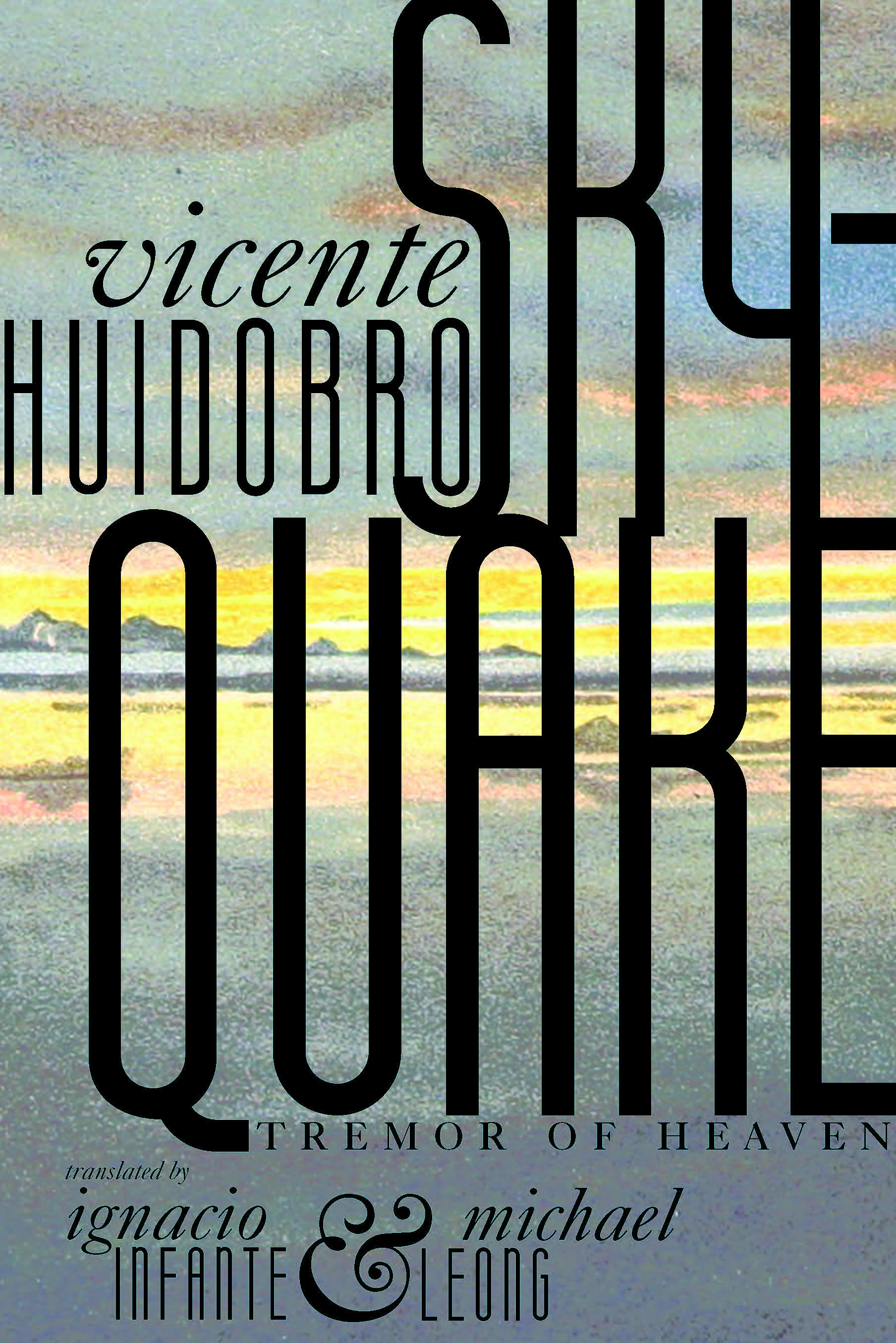



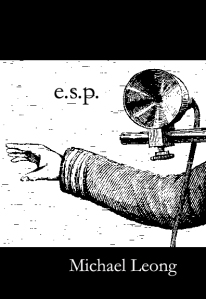
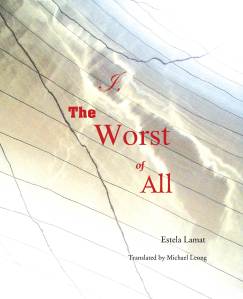


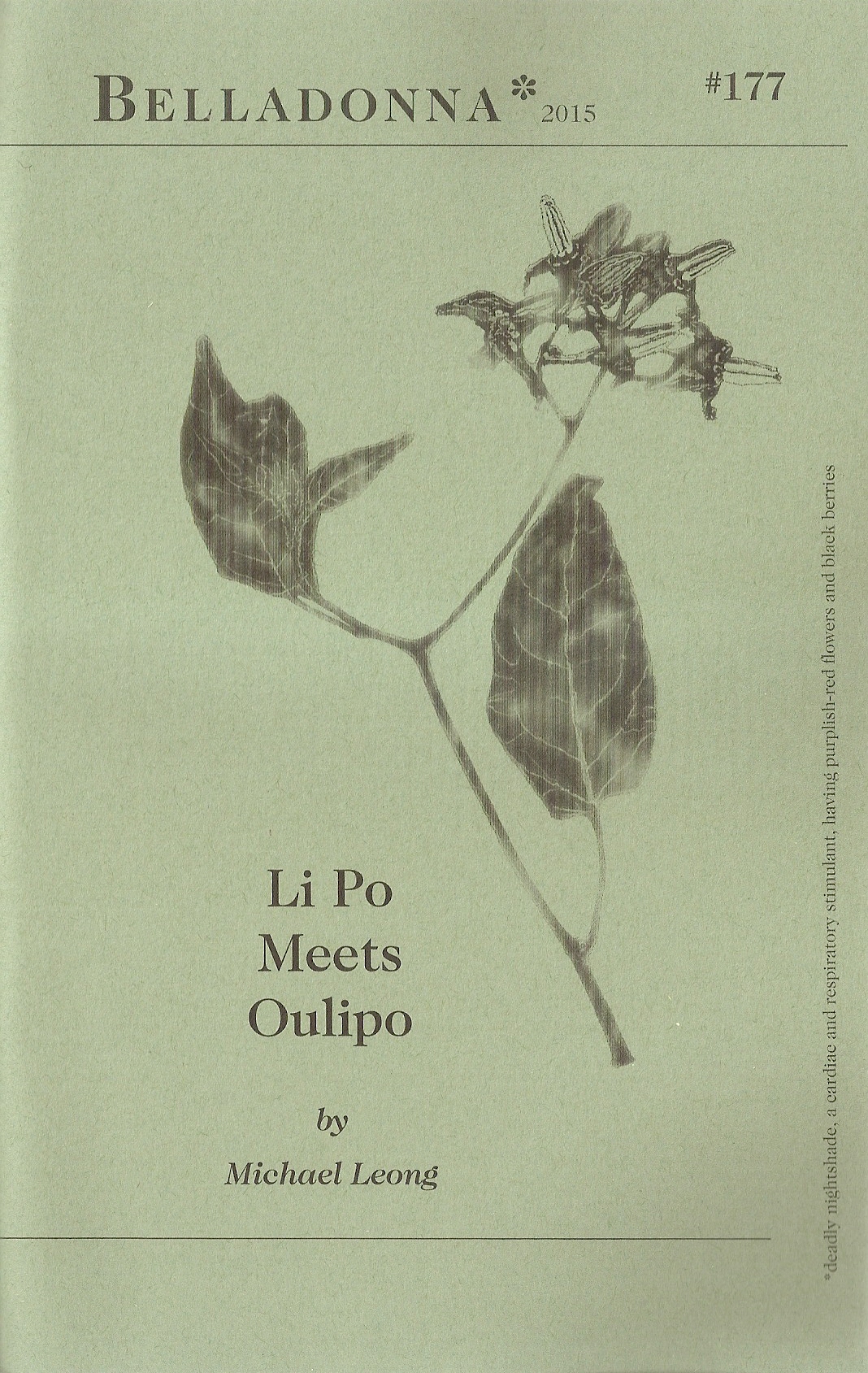
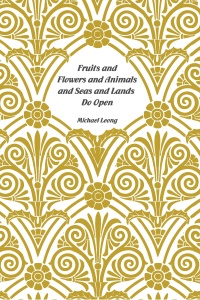
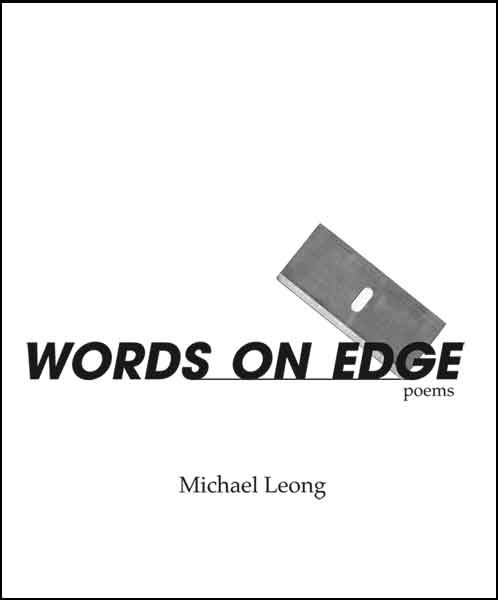




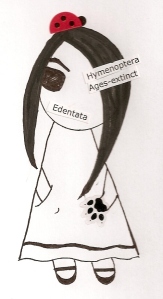
And I will not cry also, although you will expect me to. I was wiser too than you had expected for I knew all along you were mine…